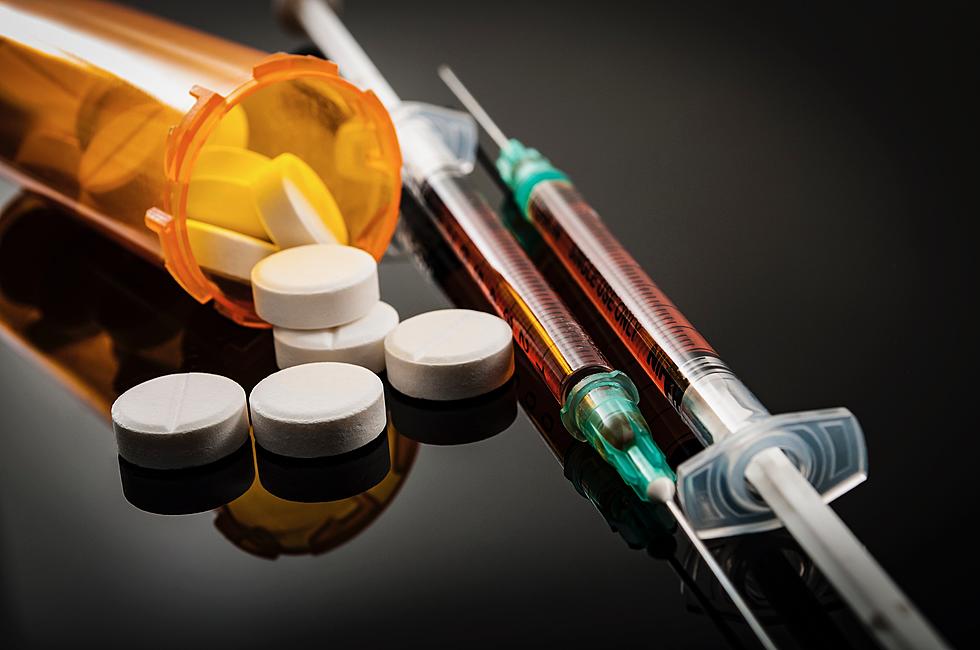
NJ doctors say: Don’t blame us for opioid addiction crisis!
Are physicians in New Jersey getting unfairly blamed for the ongoing opioid abuse epidemic?
According to Dr. Peter Carrazzone, the president of the New Jersey Academy of Family Physicians, too often doctors are portrayed in a negative light whenever the opioid epidemic is brought up.
“I get the feeling physicians are taking the brunt of the cause to the opioid epidemic and I don’t believe that’s entirely true,” he said.
The state Board of Medical Examiners has determined 76 percent of people abusing prescription painkillers are getting the meds through diversion, where it’s someone else’s prescription, not theirs.
“The real problem is the patients that are seeking these medications, and it’s a real difficult problem for the honest physician trying to help their patient that has pain issues,” Carrazzone said.
“Certainly, there are some doctors doing illegal things, but that’s a very, very small minority."
Sometimes it’s not easy to determine which patient is telling the truth about identities and prescriptions, he says.
Carrazzone said New Jersey’s Prescription Drug Monitoring program, which allows a physician to see whether a patient has received a medication from other doctors, is helpful but the system needs work.
He said sometimes doctors will discover a patient is listed through the PMP as trying to get prescription meds at several different locations, “but then they went to try and follow up and get something done, only to have no help on the other end.”
He explained physicians can file a suspicious activity report through the Prescription Monitoring Program website but the process is clunky and time consuming.
“You can download a form, you fill it in, you send it in to a faceless computer and time passes. You don’t know what’s happening on the other end,” he said.
“I really think there should be a more proactive support, maybe some sort of hotline where you could pick up, have a direct person to talk to.”
He added, “Doctors in today’s world have layers and layers of protocols being added to our normal work, and it becomes a little overwhelming for most doctors.”
Carrazzone believes it’s unfair for doctors to be expected to sort through multiple Prescription Monitoring Program entries to identify improper behavior.”
“Certainly, we’re not the police. We can’t totally fix the opioid epidemic and I don’t really think it should be on our shoulders,” he said.
“The Prescription Drug Monitoring program is out there and it should be pretty obvious to the legislators as they look through the PMP, you can find out who is using or prescribing too much or what patients are doctor shopping. It really shouldn’t as much on the backs of the physicians.”
He stressed everyone needs to remember: “The doctor is not the enemy here. It’s the patients that have addiction problems that are abusing the system.”
And he pointed out some patients are in desperate need of help.
Carrazzone said he’s hoping, now that President Trump has declared an opioid emergency, that “we can offer streamlined help to these patients that have abuse problems.
"There needs to be access to rehab that are affordable, there’s a lot we need to do to help these individuals.”
You can contact reporter David Matthau at David.Matthau@townsquaremedia.com
More From WOBM:
More From Beach Radio










